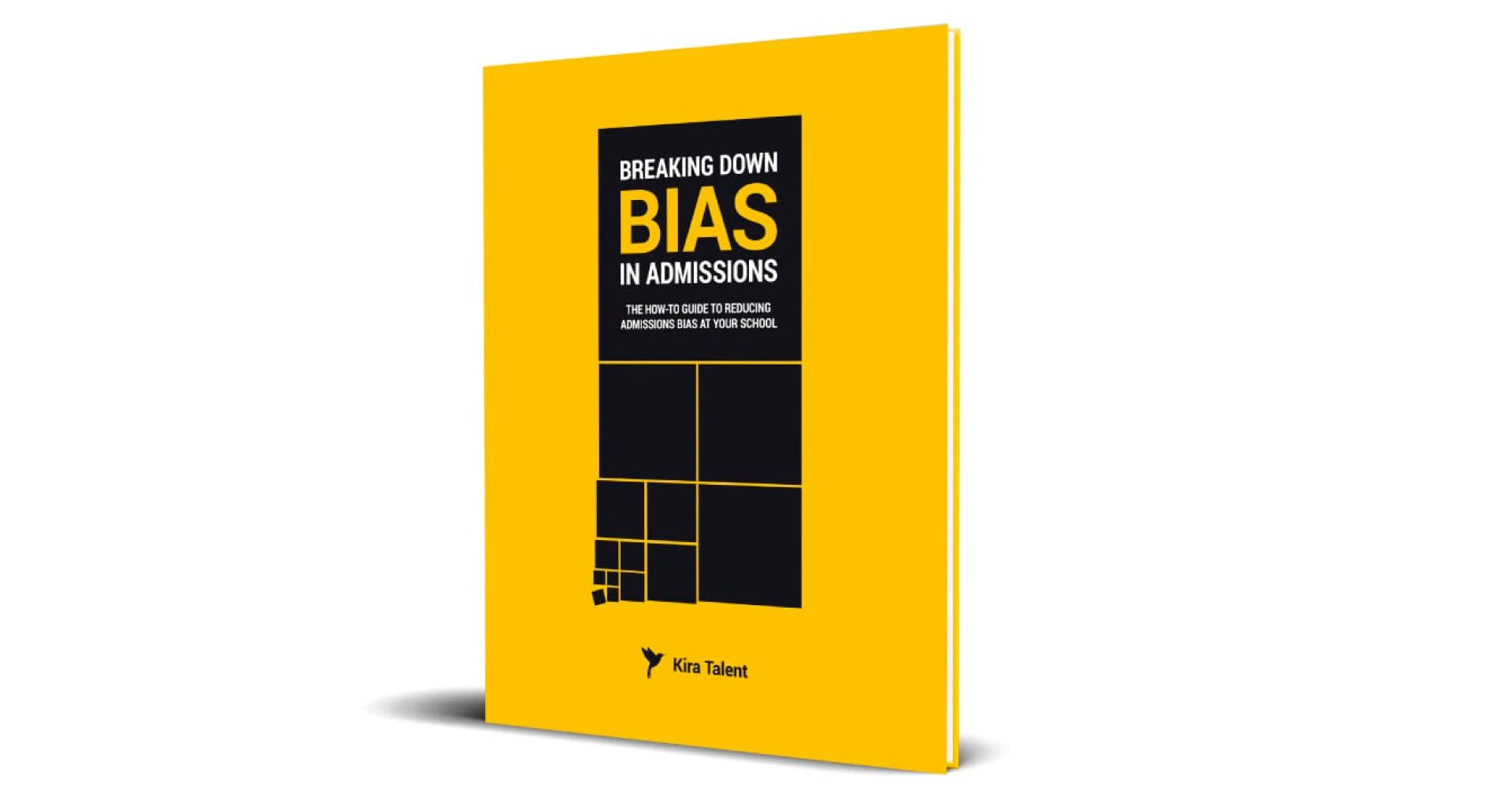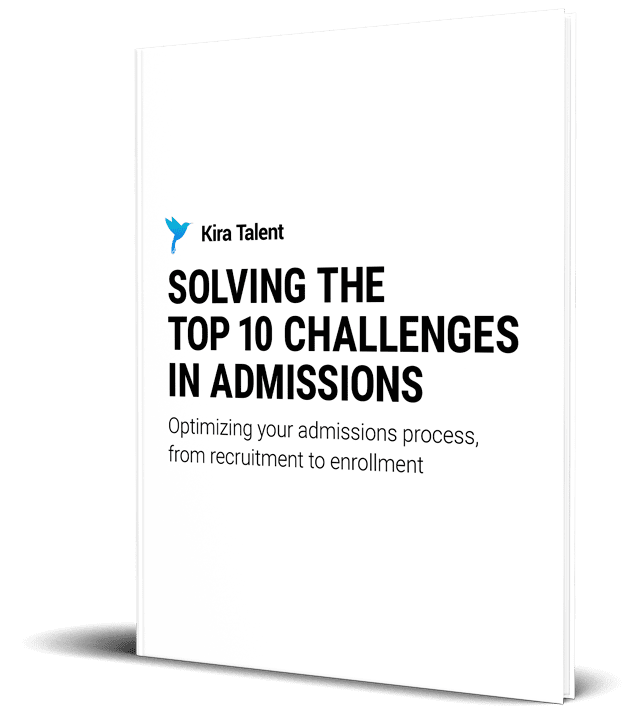Admissions application fraud is back in the news this week. And with a vengeance.
33 parents have been charged with paying their kids’ way into top schools through consultants who bribed college staff and fabricated application materials.
Fraud is a real issue. It’s just not always celebrities who get caught and make headlines.
Back in 2016, we heard from more than fifty schools on their opinions and concerns about admissions fraud.
We found that 88% believed application fraud was prevalent among schools other than their own. Schools know about this issue, even if it isn’t talked about regularly.
The reality is that college admissions is so competitive and, honestly, so broken, that some students (and in most cases, it is the parents of students) will do anything to get the right ‘brand name school’ for their kid.
Related: Nightmare in the Admissions Office: Parents’ Edition.
Examples of fraud can range from plagiarizing admissions essays and hiring someone to write a test for you, to fabricating extracurricular activities or athletic abilities.
Why do students cheat?
There are several reasons why students cheat to get into college, but the number one factor is pressure.
There’s an intense societal pressure to go to a big name school or a competitive program in the U.S. and internationally.
In many instances, that pressure comes from family members. At prep schools, it may even come from teachers. And, of course, the media glorifies attending elite schools.
It's no surprise that these factors make students feel like they need to attend the 'very best.' The Jack Kent Cooke Foundation identified that 49% of corporate industry leaders and 50% of government leaders graduated from only 12 selective colleges and universities.
As tens of thousands compete for limited spots at these schools, some families find ways to pay to cut in line, so to speak.
The impact of admissions fraud
For the students who get in as a result of admissions fraud, the shortcut only has short-term benefits. They may have a false sense of accomplishment and be, unfortunately, less prepared for success in the classroom.
Take, for example, students who use fraudulent language test scores. Once they arrive on a campus where those language skills are being tested, they may not have the support needed to navigate their education.
And for everyone else, admissions success by fraud furthers the inequality for first-generation or lower-income students who don’t have access to the same financial resources.
As students are being groomed for the perfect college admissions story as early as kindergarten, it’s hard on their mental health, their families, and their overall happiness, and in the end, there are so many other great colleges and universities out there.
Related: Easing Anxiety: Bringing Mental Health Awareness into Admissions
Fortunately, there are organizations out there working to change the system.
In 2016, Harvard Graduate School of Education’s Making Caring Common Project released a report called Turning the Tide which called on school’s to rethink admissions practices.
One of the core reasons for Making Caring Common’s initiative is because the narrow definition of ‘achievement’ established by college admissions practices puts undue stress on students and motivates them towards selfish behaviors. Sound familiar?
Admissions fraud cases, like the one we’re seeing among Hollywood stars, are unfortunate, severe symptoms of the college admissions rat race. And as CNN’s David Perry puts in, it’s just “the tip of the iceberg.”
What we’re doing at Kira
Fraud is one of the major issues we strive to tackle at Kira Talent. We offer schools a holistic admissions platform that collects supplementary materials, like essays and recommendation letters, as well as timed video and timed written assessments.
Students can practice using the platform and reviewing their responses infinitely leading up to completing their timed video responses, but once the real assessment begins they are given limited prep time and they are not told the question in advance.
Simulating a live interview, the assessment challenges students to think on their feet and give a genuine answer that has not been coached or consulted.
Kira responses can help schools validate the students’ authentic content, oral and written communication skills, which has become more a sub-benefit to the real reason we created this company: To give students a chance to tell their story.
Next, read: The Stark Reality of Admissions Application Fraud: Kira Fraud Report.



